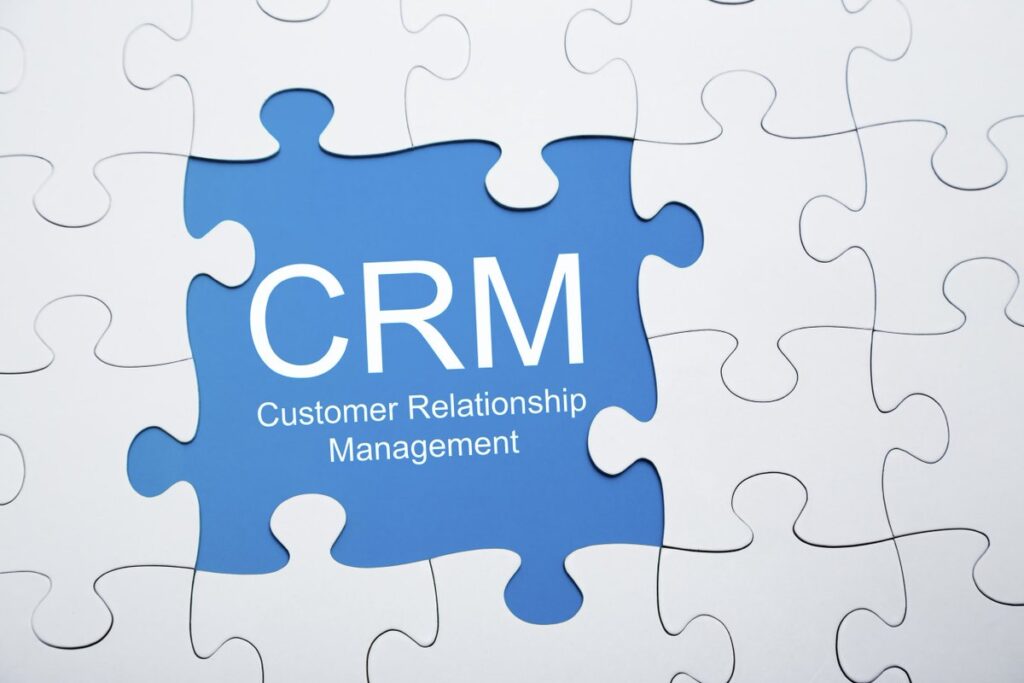CRM system as one of the key tools for companies
A CRM system is an indispensable tool for organising business processes. It is a programme for managing interactions with customers. The solution includes tools for optimising communication, collecting statistics, fulfilling orders and making sales.
CRM implementation allows the company to analyse how a manager interacts with customers, optimise operations and track progress. The system is suitable for both large and small businesses. Benefits of the solution:
- it helps to reduce costs and increase company profits;
- the solution improves the quality of managers’ work;
- it enables error analysis and service improvement;
- the system stores information about customers and all interactions with them in a single program;
- it provides an opportunity to analyse the efficiency of business processes.
For a successful business, building the sales funnel correctly is essential. With the help of CRM, it is possible to evaluate its performance and track the process of lead movement. For example, the funnel includes the stages of application, consultation with a manager, purchase and delivery of goods. The programme automatically records each of these steps. In addition, all data remains in the programme. On this basis, the system generates reports and analyses for each customer or group.

Benefits for small businesses
Regardless of the size of the business, everybody’s processes will be similar. Both large and small businesses focus on customer acquisition, retention and sales. However, in a small business, the loss of a customer has a much more significant impact on the bottom line than in a large corporation. Implementing CRM systems for small businesses is the best way to create an efficient operation. The programme helps to:
- create an effective sales funnel;
- minimise routine processes in building the customer base;
- avoid errors when entering customer data;
- provide data storage and access to all work documents;
- analyse the productivity of each employee;
- simplify the training of new staff.
However, to get the most out of CRM, it is necessary to choose the right system option. To do this, it is important to focus on the business’s goals and specifics. The programme should provide tools that match the company’s size and be flexible and scalable.
At the same time, you should not choose options with the cheapest functionality. Such systems are usually designed for large companies. Smaller companies should limit themselves to the number of tools they need. In this case, the company will not be overpaying, and employees will be able to understand the programme more quickly.
Another point to consider is synchronising CRM with other solutions. Automatic data exchange will greatly simplify internal company processes. In addition, employees will not have to enter the same data in several programmes.
Many CRM systems offer the option of customisation in addition to built-in functionality. This can be useful if you want to expand your product range or grow your business.




